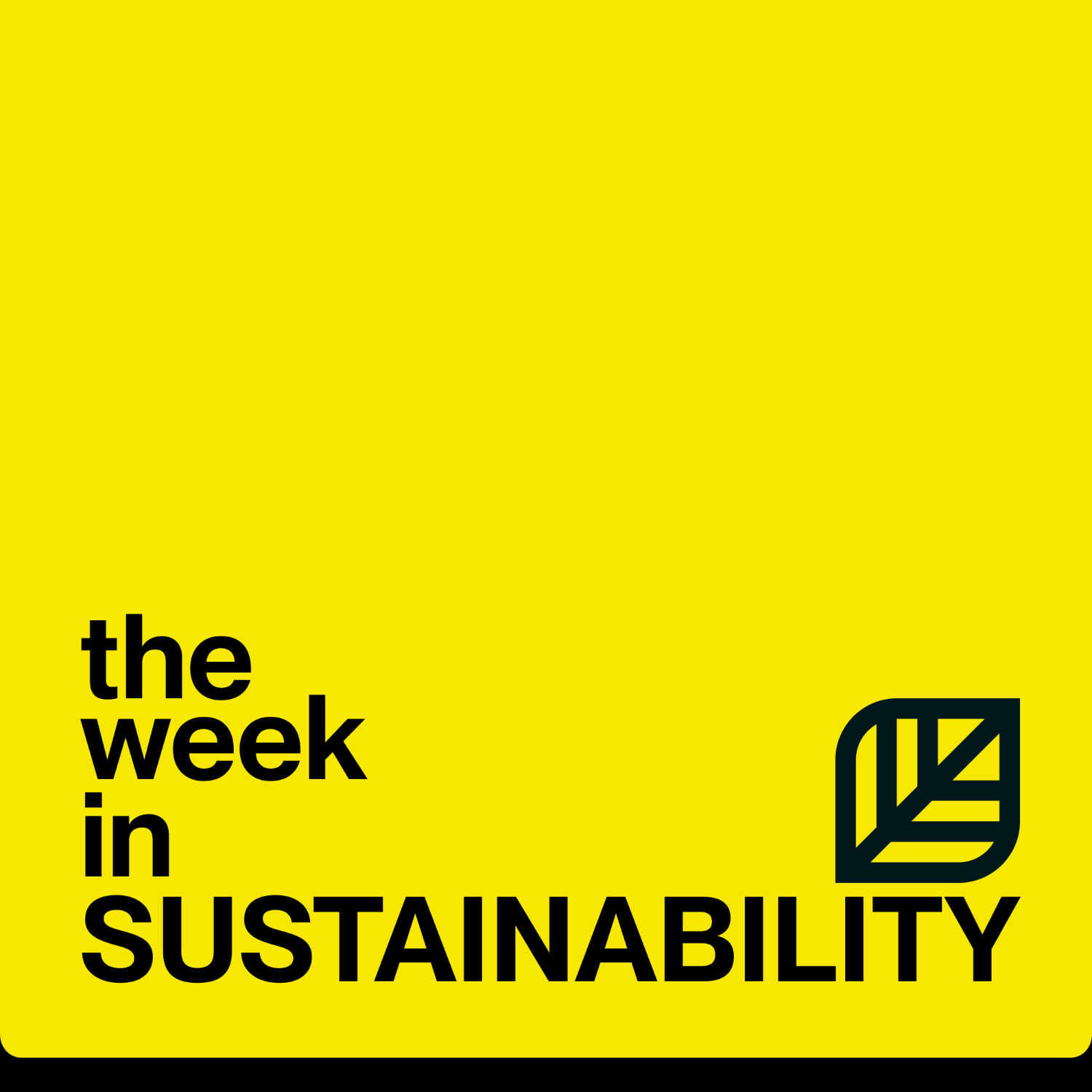COP28 takeaways: Fossil fuels and climate pledges // The Week in Sustainability #66
Description
The 28th annual Conference of the Parties (COP28), hosted by the United Nations, wrapped this week. It marked a significant shift in the climate change dialogue. The event brought together over 100 country delegations, climate scientists, business leaders, activists, indigenous peoples, and journalists, fostering a platform for pivotal discussions and decisions.
If you've followed news surrounding previous COPs, you’re no stranger to the rollercoaster ride they can become. The high- and low-lights:
Controversies and context
Location and leadership: COP28 in Dubai, led by Sultan Al Jaber of the Abu Dhabi National Oil Company, sparked controversy due to the UAE's status as a major oil producer and potential conflicts of interest.Record attendance and lobbyist presence: COP28 attracted over 100,000 attendees despite the controversies, indicating a growing interest in climate discussions. However, the unprecedented presence of fossil fuel lobbyistsraised concerns about the event's alignment with oil and gas interests.
Key highlights
Loss and damage fund: A significant win was the establishment of a fund to support the Global South, which is significantly affected by climate crises. However, the pledged amount needs to catch up to the estimated need.Methane and refrigerant regulations: Progress emerged in tackling harmful greenhouse gases, with new rules in the U.S. and EU targeting methane emissions reduction. Meanwhile, 63 countries committed to the Cooling Pledge, aiming to cut coolant emissions.Renewable energy and agriculture initiatives: Governments pledged to triple renewable energy capacity by 2030 and address the climate impact of agriculture, mainly focusing on meat and dairy emissions.Voluntary carbon market standards: The International Organization of Securities Commissions proposed measures to enhance the integrity of Voluntary Carbon Markets, indicating a move toward more rigorous standards.Global stocktake – fossil fuel phase-out: The final COP agreement included language about transitioning away from fossil fuels but fell short of the strong commitment activists sought.
Looking ahead
The next two COPs (COP29 will be in Azerbaijan) are crucial to establish new climate finance goals and updating nationally determined contributions.Our perspective: The agreements reached are a step forward, but practical implementation remains vital. We approach these developments with cautious optimism, recognizing the need for action that matches the urgency of the climate challenge.
COP28 brought to light the complexities and challenges in global climate negotiations. We recognize the importance of these discussions and remain committed to leading the way in sustainable practices and solutions. The journey toward a more sustainable future continues, and we're here to guide and support businesses and individuals in making impactful choices for the planet.
More Episodes
Last year, the global average person experienced 26 more days of abnormally high heat due to climate change, significantly impacting vulnerable populations and prompting cities to adopt heat action plans despite the unreliable relief from natural climate patterns like La Niña. Additionally,...
Published 05/30/24
Published 05/30/24
California’s recent budget approval to fund the implementation of SB climate package bills signifies a monumental stride in climate accountability. With $22 million allocated, California must enforce legislation like SB 253 and SB 261, solidifying its position as a leader in environmental...
Published 05/24/24


